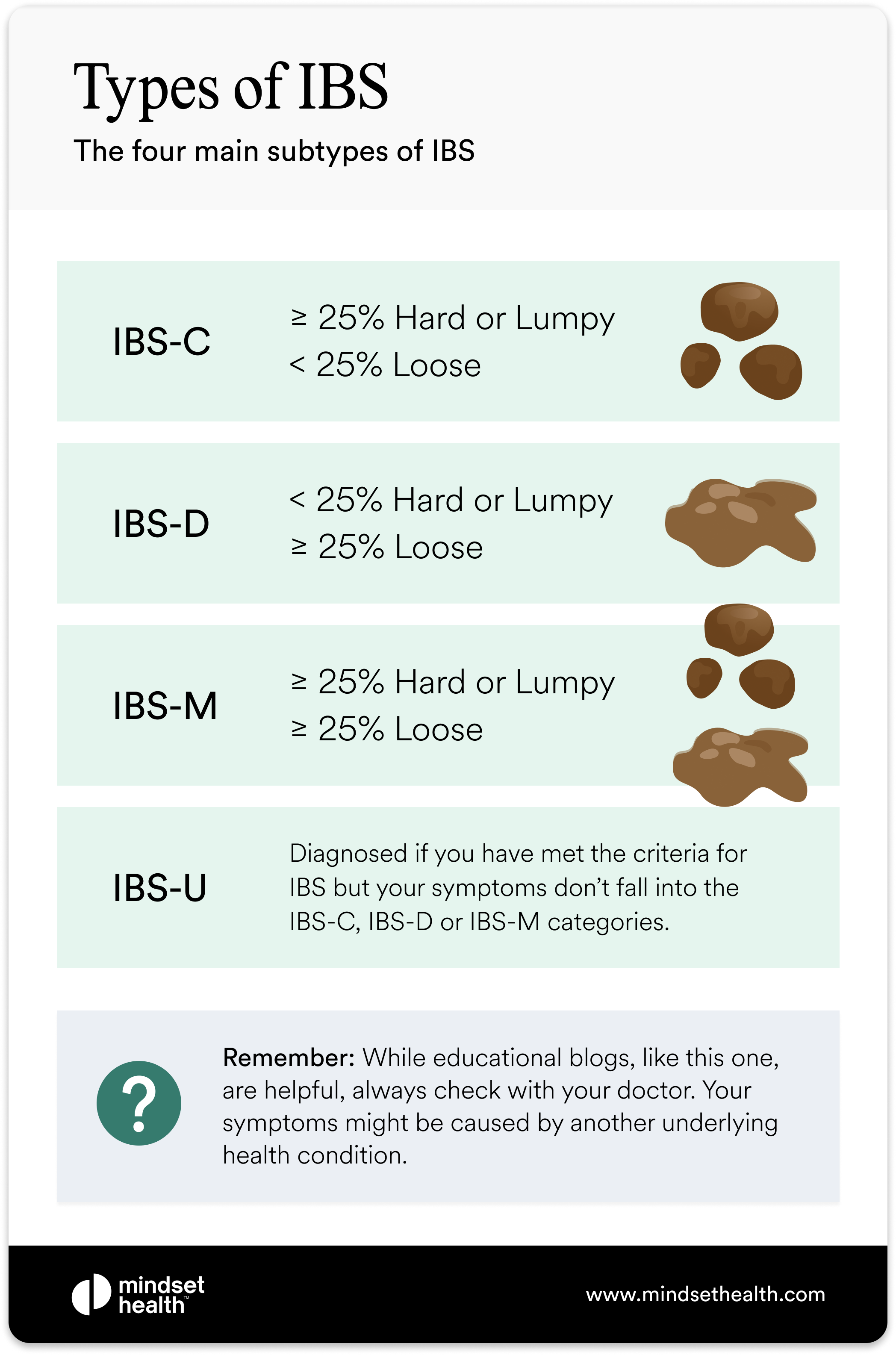
Irritable bowel syndrome (IBS) is a commonly diagnosed condition with a global presence of 15% and has accounted for over 2 million family physician visits circa 2002 in the United States.1,2 Furthermore, IBS is a complex disorder with multiple aetiologies often characterized by abdominal discomfort, pain, gas, bloating, and altered bowel habits.1(261) Left unmitigated, IBS can also have systemic effects to include poor sleep, headache, tiredness, and depression.2(937)
As such, it is imperative to develop nutritional interventions which can support a return to optimal gut function and quality of life. One possible means of nutritional support for IBS could be the use of anise oil; an extract procured from the Pimpinella anisum L. plant. As a means of appreciating IBS and the therapeutic effects of anise oil, the following will explore the same in greater detail.

As mentioned in the introduction, IBS can have multiple causes and its pathophysiology can include increased intestinal permeability, heightened visceral sensitivity (low threshold for gastrointestinal-related pain), and small intestinal bacterial overgrowth (SIBO).1(263-264) Furthermore, IBS falls into four categories based on stool form: IBS with diarrhea (IBS-D), IBS with constipation (IBS-C), IBS with a mixed pattern (IBS-M), and unsubtyped (IBS-U).2(938) Thus, it is imperative that all possible drivers (and subtype) of IBS and are elucidated for each individual afflicted with the same.
Furthermore, it is likely most effective if IBS is managed with a comprehensive and systematic approach known as the 4 R (Remove, Replace, Reintroduce, Repair) program; remove allergenic foods and microbial overgrowth using mycostatic and bacteriostatic agents, replace digestive enzymes, reinnoculate with beneficial microbes, repair gastrointestinal tissue and support immune system function.3 Anise oil, as part of such an approach, could help ameliorate the symptoms of IBS. The following will consider said extract and its potential therapeutic efficacy for IBS in greater detail.

Pimpinella anisum L. belongs to the Umbelliferae family and is an aromatic plant used extensively in traditional Iranian medicine.4 Said plant is an annual grassy herb with white flowers grown in Spain, Egypt, Mexico, West Asia, Eastern Mediterranean, and the Middle East.4(1) The fruit of Pimpinella anisum L is harvested in the form of aniseeds, which contain approximately 1.5-5% of essential oil used for flavoring, and relief of gastrointestinal symptoms.4(1)
With regard to the latter, it is possible that anise oil exerts such effects by its antioxidant, antibacterial, antifungal, and anti-inflammatory agents.4(2,5) Although there is anecdotal evidence suggesting the therapeutic significance of anise oil, little research was conducted before Mosaffa-Jahromi et al2(939) explored the same. As such, the researchers considered anise oil and its effects upon IBS by using a formulation with an oleogel and enteric coated hard gelatin capsules.2(939) As a means of uncovering the efficacy of anise oil against IBS symptoms, the following will consider the research of Mosaffa-Jahromi et al2(939) in greater detail.

The researchers recruited 120 participants who successfully met the Rome III criteria for IBS.2(940) The study was constructed as a parallel randomized controlled clinical trial which used three arms and a 1:1:1 allocation (40 participants per arm); one treatment arm used enteric coated capsules with anise oil (AnisEncap at 200 mg anise oil per capsule), the second treatment arm implemented Colpermin (antispasmodic from peppermint oil), and the third treatment arm was provided with a placebo.2(940)
The study was conducted over a 4-week period while the primary endpoint was a decrease in scores for tiredness, headache, gastroesophageal reflux, difficulty defecating, constipation severity, bloating, abdominal discomfort, and diarrhea.2(940) Secondary endpoints included an improvement in the IBS Quality of Life questionnaire (using 34 questions) which considered effects on relationships, sexual function, social reaction, food avoidance, health worry, body image, interference with activities, and dysphoria.2(940) In the following sections, primary and secondary outcomes will be considered within, and between, the three arms.

After the study was concluded, the researchers determined that 75% of the experimental group (anise oil), or 30 participants, experienced liberation from IBS symptom, where only 35%, or 14 participants, experienced relief of IBS in the placebo group. Interestingly, 52% of the Colpermin participants, or 21 participants, experienced relief from IBS; a result that was higher than the placebo, but lower than the anise oil group.2(942) Such a result suggests that botanical interventions are not only as good as other popular botanicals, but might yield better outcomes.
Furthermore, anise oil was able to positively affect all 4 subtypes of IBS; an outcome that the Colpermin and placebo group was unable to produce.2(942) Other highlights of the study included no reports of serious illness (i.e., leading to death) of complex side effects of anise oil. However, 10 patients (26.31%) within the Colpermin group did report unfavorable side effects to include nausea, ataxia (poor motor control), muscle tremors, dyspepsia, and heartburn.2(944)
In conclusion, IBS is a commonly diagnosed condition with a global presence of 15% and has accounted for over 2 million family physician visits circa 2002 in the United States. Furthermore, IBS is a complex disorder with multiple aetiologies often characterized by abdominal discomfort, pain, gas, bloating, and altered bowel habits. Left unmitigated, IBS can also have systemic effects to include poor sleep, headache, tiredness, and depression. Although other botanical interventions can be effective such a Colpermin, side effects could make said oil unappealing. Emerging research, to include the work of Mosaffa-Jahromi et al,2(944) does suggest promise in using botanicals such as Anise oil in treating IBS. Such an approach, as part of a larger intervention to include 4 R program, could serve as a viable alternative in treating IBS while increasing compliance and minimizing side effects.
References
1. Kohlstadt I. Advancing Medicine with Food and Nutrients. 2nded. London, NY: CRC Press; 2012.
2. Mosaffa-Jahromi M, Lankarani KB, Pasalar M, et al. Efficacy and safety of enteric coated capsules of anise oil to treat irritable bowel syndrome. J Ethnopharmacol. 2016;194(2016):937-946. doi:http://dx.doi.org/10.1016/j.jep.2016.10.083.
3. Lord RS, Bralley JA. Laboratory Evaluations for Integrative and Functional Medicine. 2nd ed.Duluth, GA: Genova Diagnostics; 2012.
-Michael McIsaac
